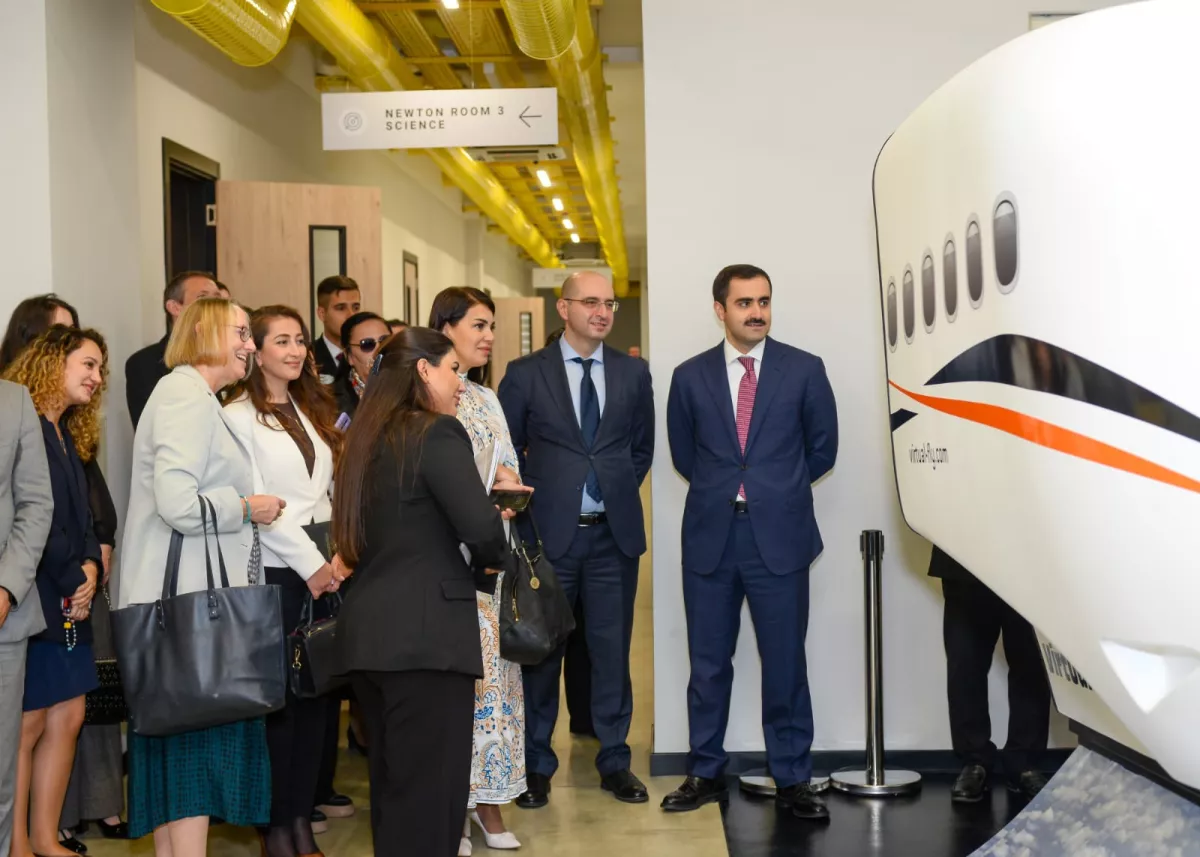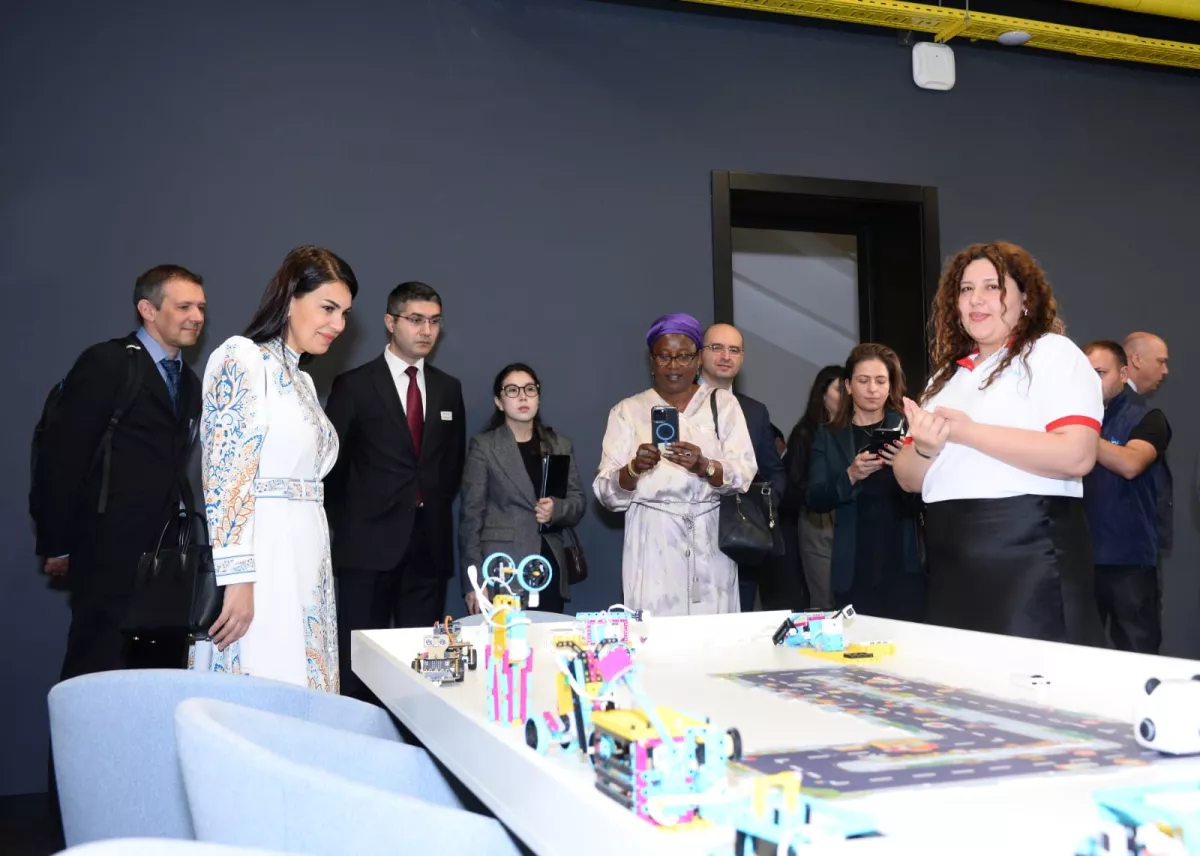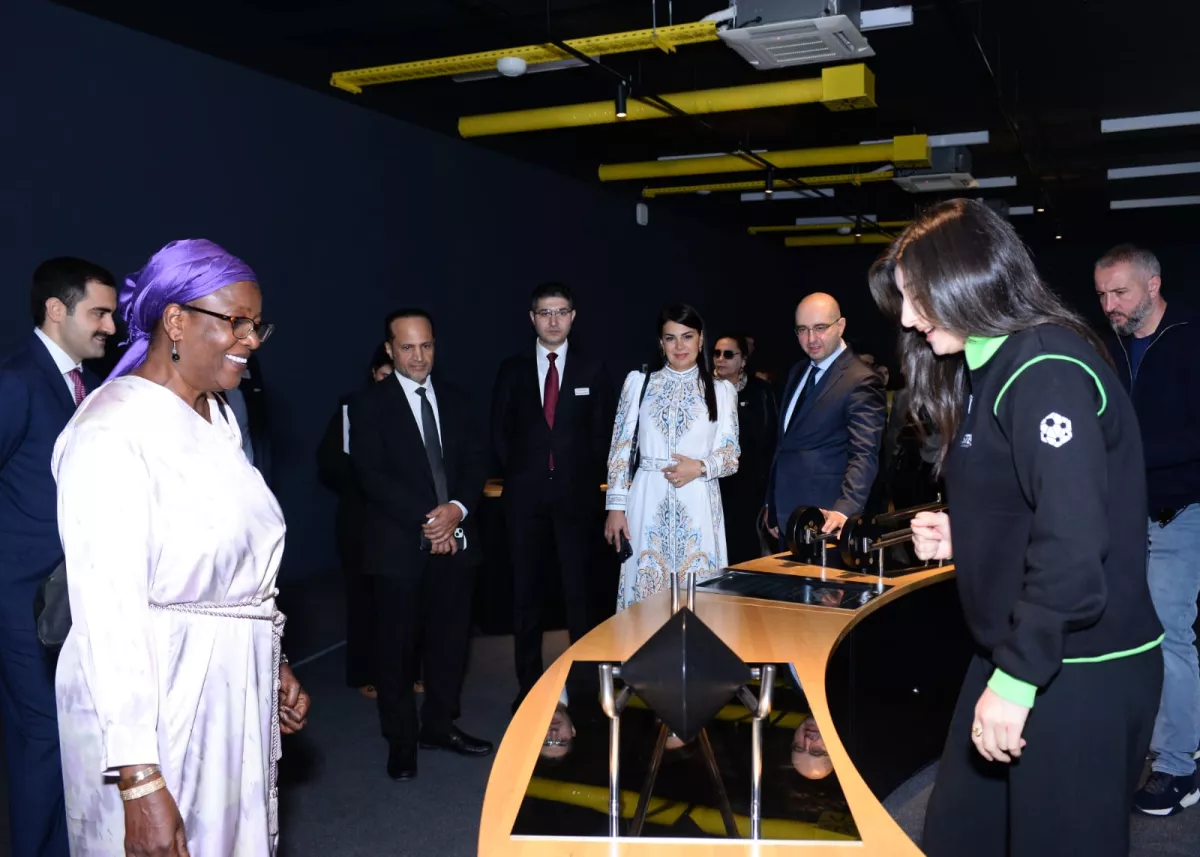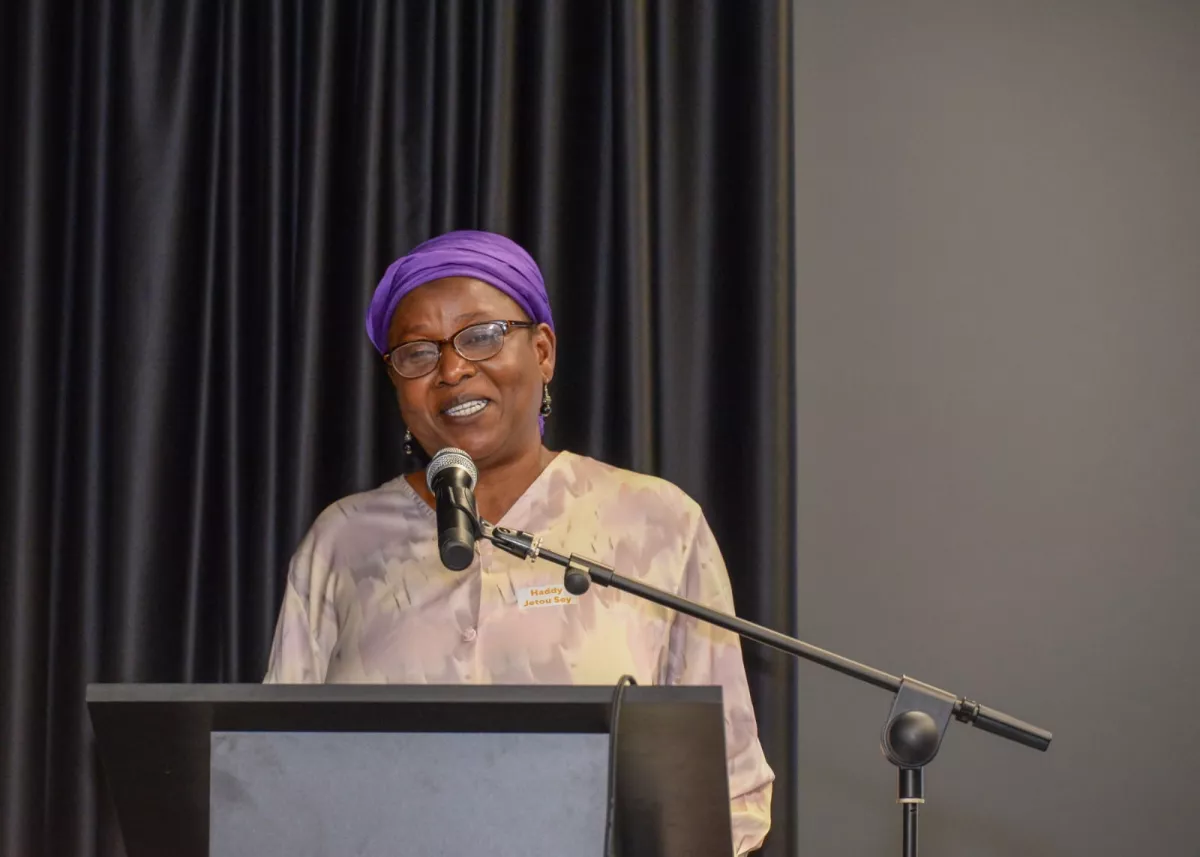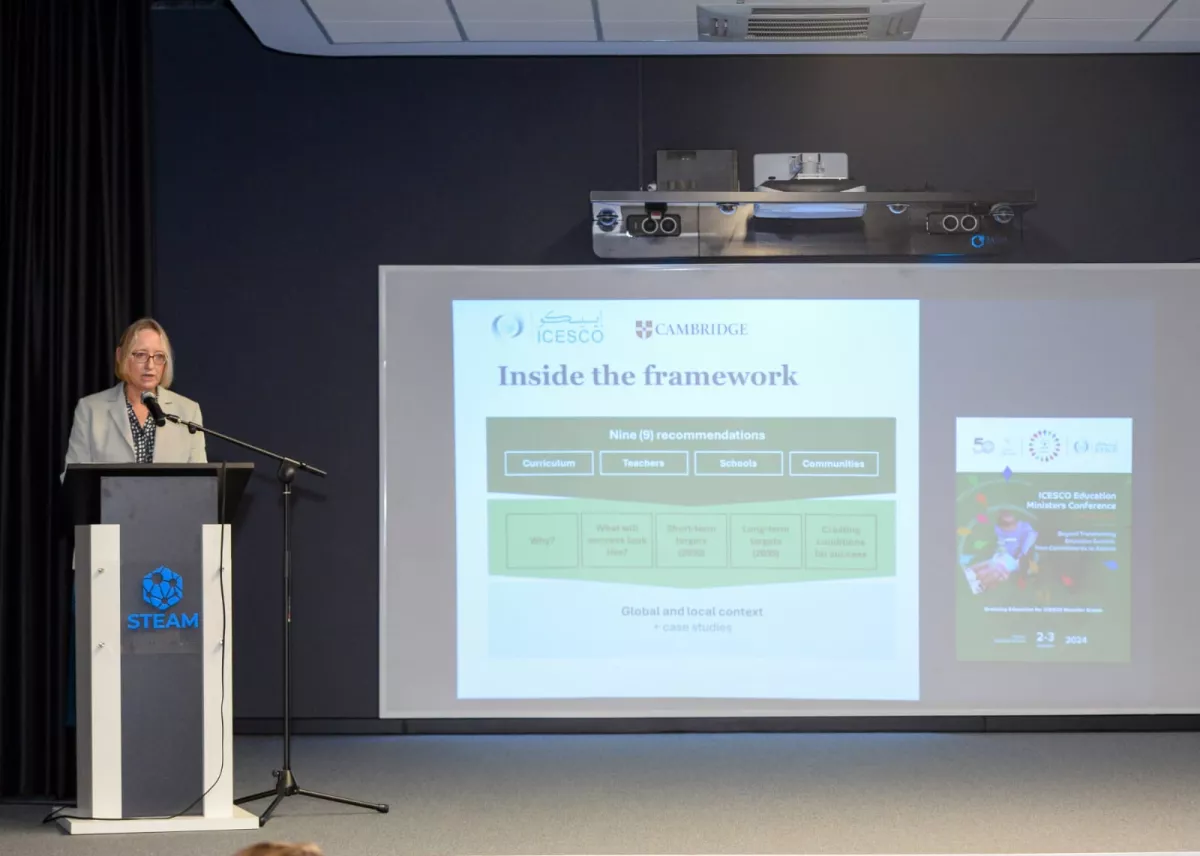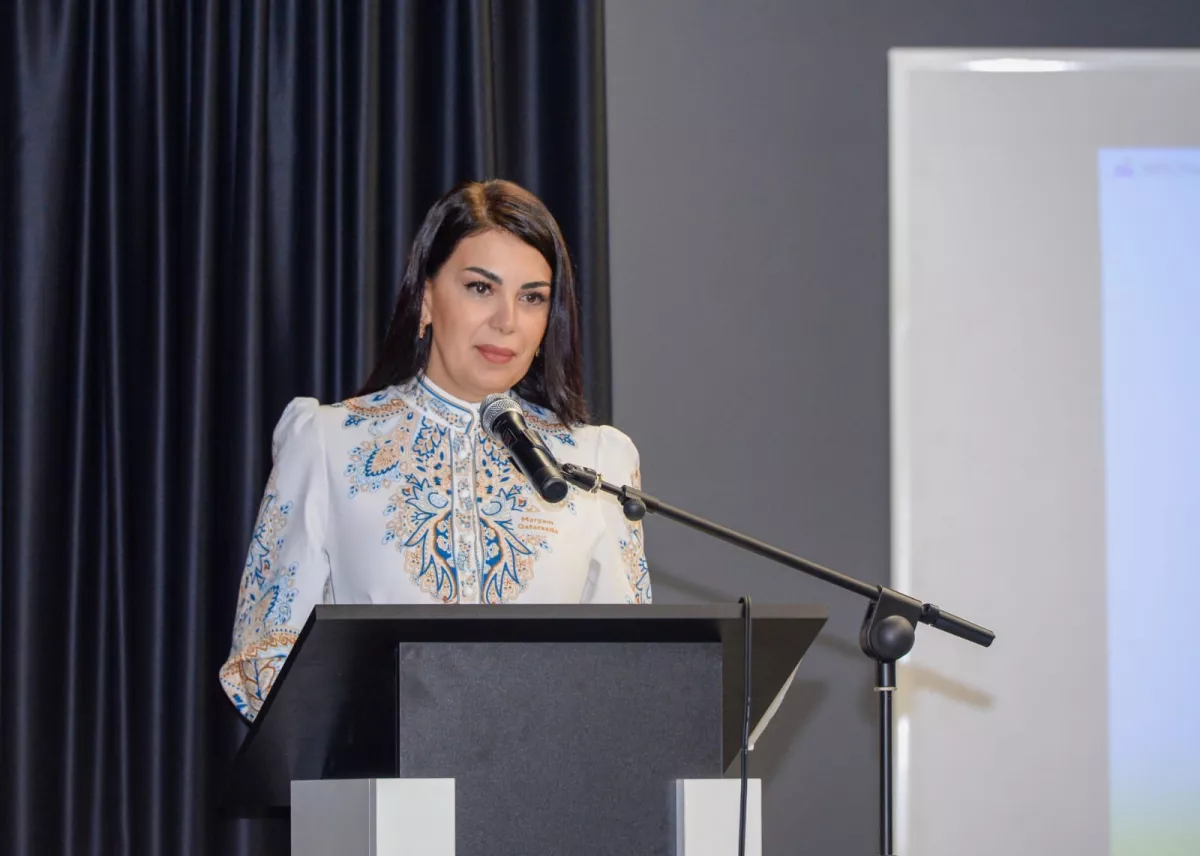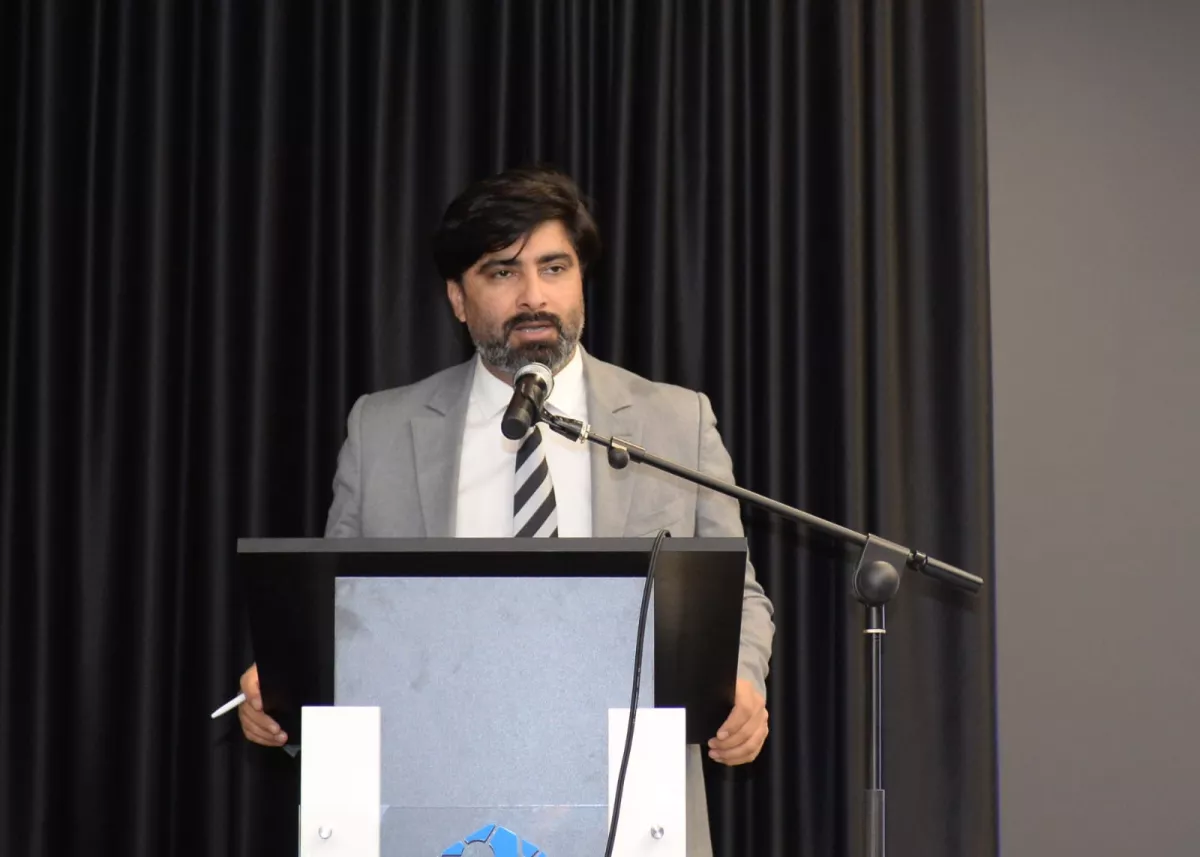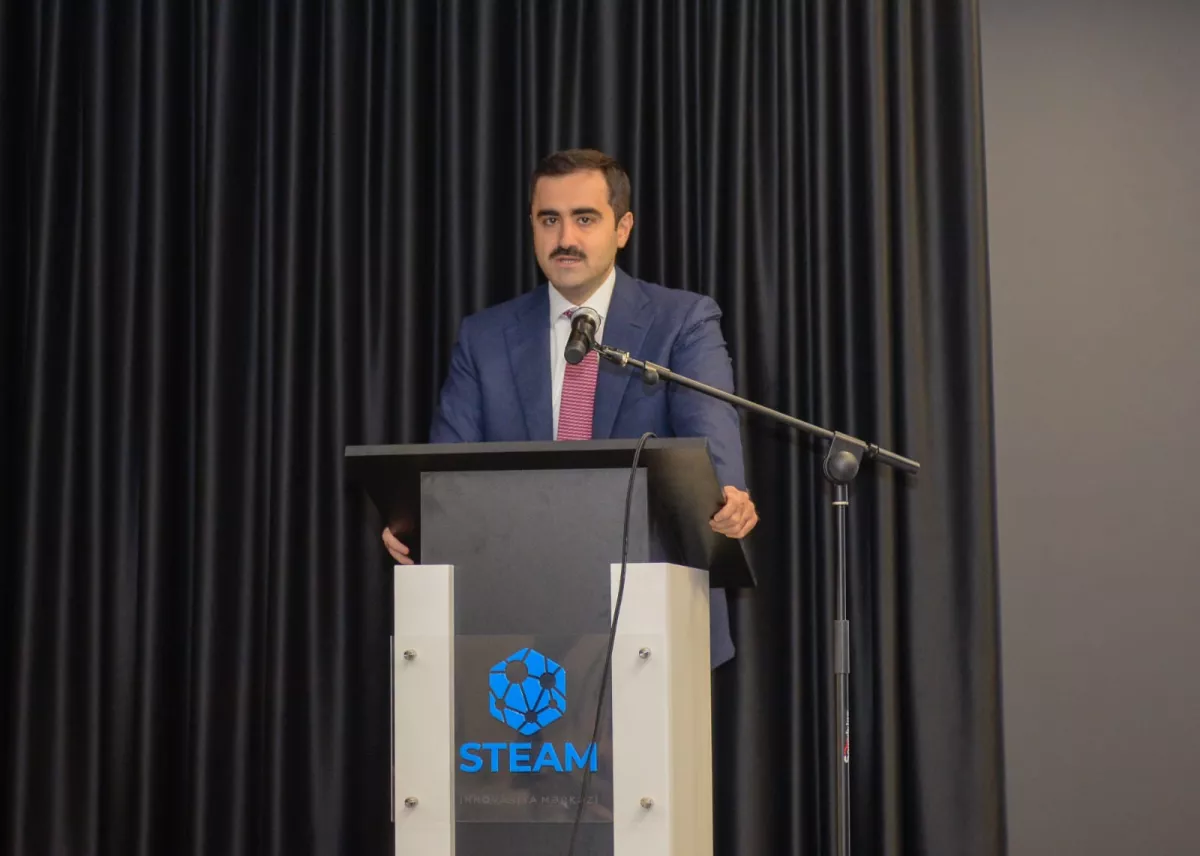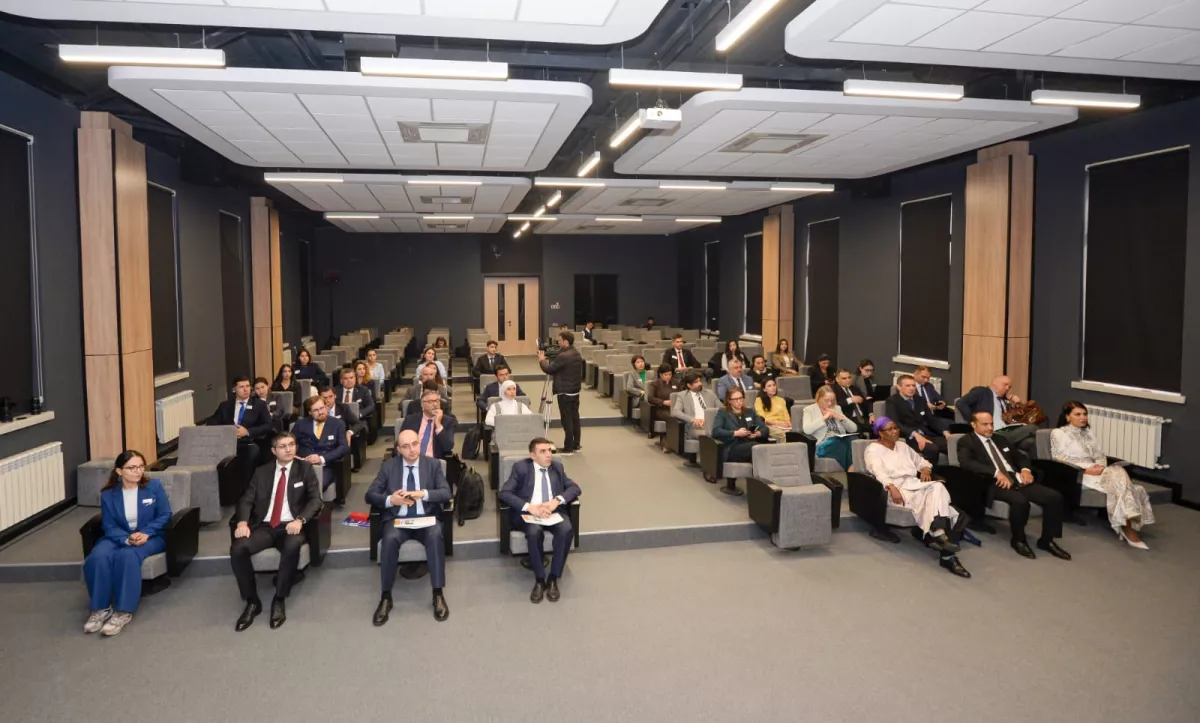First regional seminar on green education launches in Baku PHOTO
The first regional seminar on “Green Education” has officially commenced in Baku, bringing together participants from across Central Asia in a joint initiative by Azerbaijan’s Ministry of Science and Education and the Islamic Educational, Scientific and Cultural Organisation (ISESCO).
According to Caliber.Az, representatives from Azerbaijan, Kazakhstan, Tajikistan, Uzbekistan, and Kyrgyzstan are attending the two-day seminar, which aims to advance education systems to support a climate-resilient future. The event focuses on integrating climate change and sustainable development topics into national curricula and fostering policy dialogue on implementing the "green school" model.
Held at the STEAM Innovation Centre, the seminar opened with speeches from key officials, including Deputy Minister of Science and Education Hasan Hasanli, Deputy Director of the ISESCO Baku Regional Office Maryam Gafarzade, and Head of the ICESCO Education Sector Haddy Jatou Sey.
In his opening remarks, Deputy Minister Hasanli highlighted that green and sustainable development is a central component of Azerbaijan’s national development strategy through 2030. He pointed to advancements in STEAM education as a result of strategic reforms and stressed the importance of regional collaboration in addressing global climate and educational challenges. Hasanli also underscored the critical role of water resource management and public awareness in climate change mitigation.
Gafarzade emphasised the transformative power of education, stating that it must go beyond traditional methods to embed principles of sustainability, environmental responsibility, and climate resilience.
She noted that ISESCO’s Baku Regional Office serves as a vital platform for educational leadership in the South Caucasus, Central Asia, and surrounding regions.
Moreover, Sey noted that education should be a driving force for societal and systemic transformation. He introduced ISESCO’s collaboration with the University of Cambridge in developing the Green Education Policy document, aimed at guiding member states in incorporating climate action into their education systems. He reaffirmed ISESCO's commitment to supporting this integration across its member states.
The opening ceremony also featured a joint presentation by ISESCO and University of Cambridge representatives on “The Framework of Green Education and Its Regional Significance.”
The seminar continued with interactive sessions where country representatives shared national experiences and achievements in green education. Discussions highlighted the need for aligning curricula, teacher training, and school infrastructure with sustainable principles, and underlined the value of regional cooperation in these efforts.
On the second day, an interactive panel titled “Shaping Education Policy” will bring together international experts to explore the development of global education policy, building sustainable education systems tailored to national contexts, and addressing current challenges related to climate change and green education.
At the conclusion of the seminar, ISESCO and the Ministry of Science and Education are expected to formulate regional recommendations and outline future areas for collaboration.
By Sabina Mammadli




